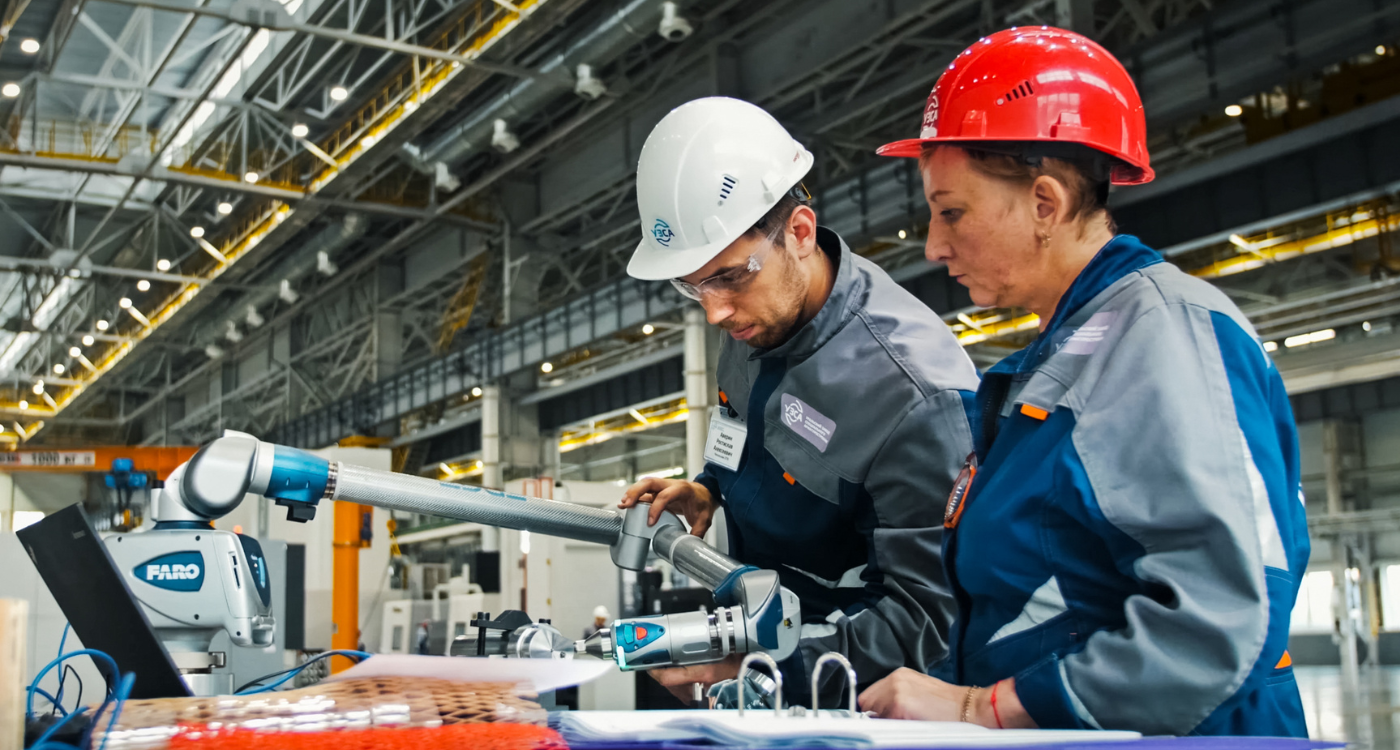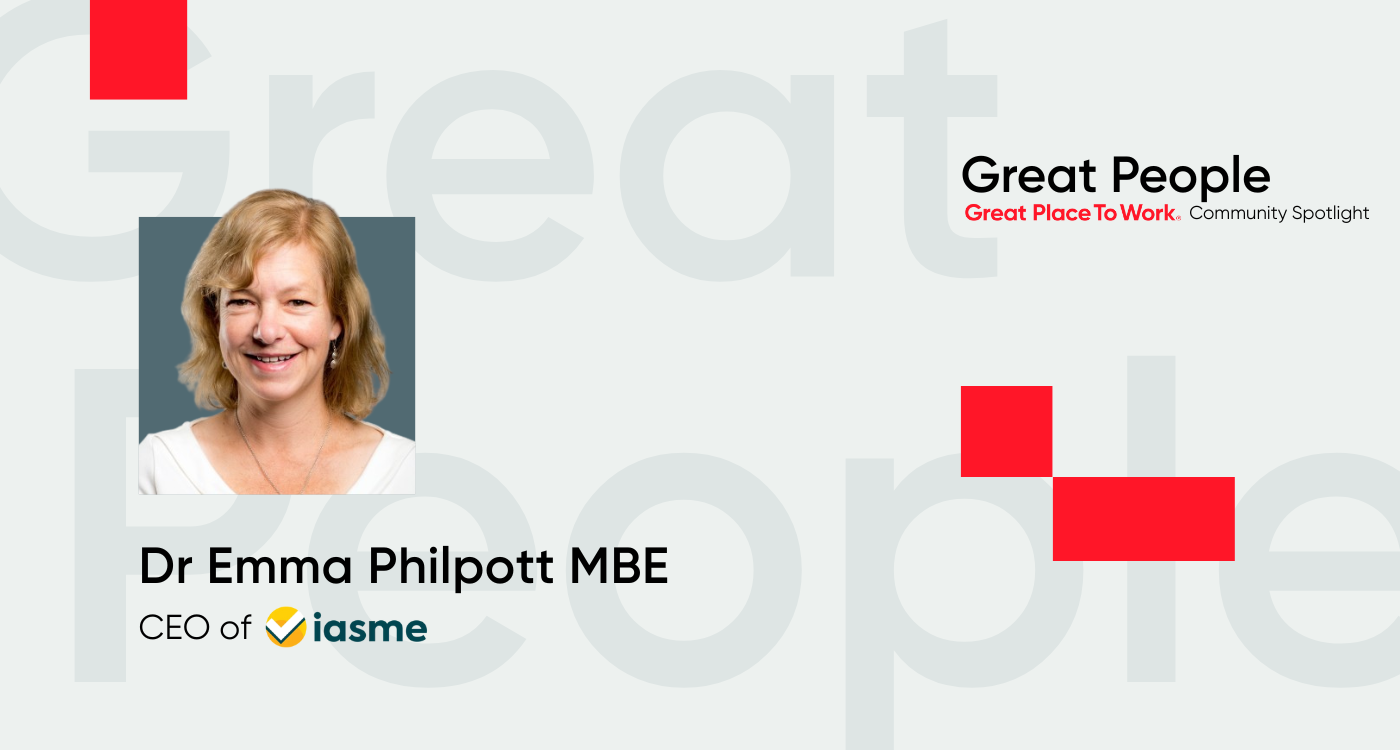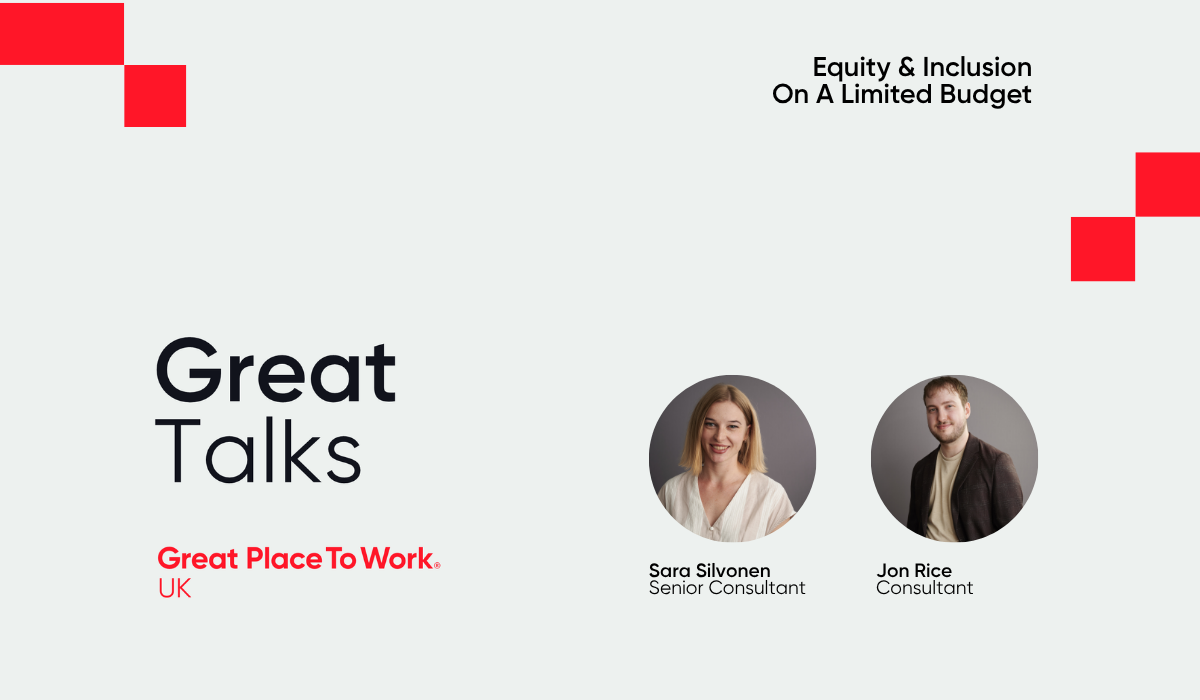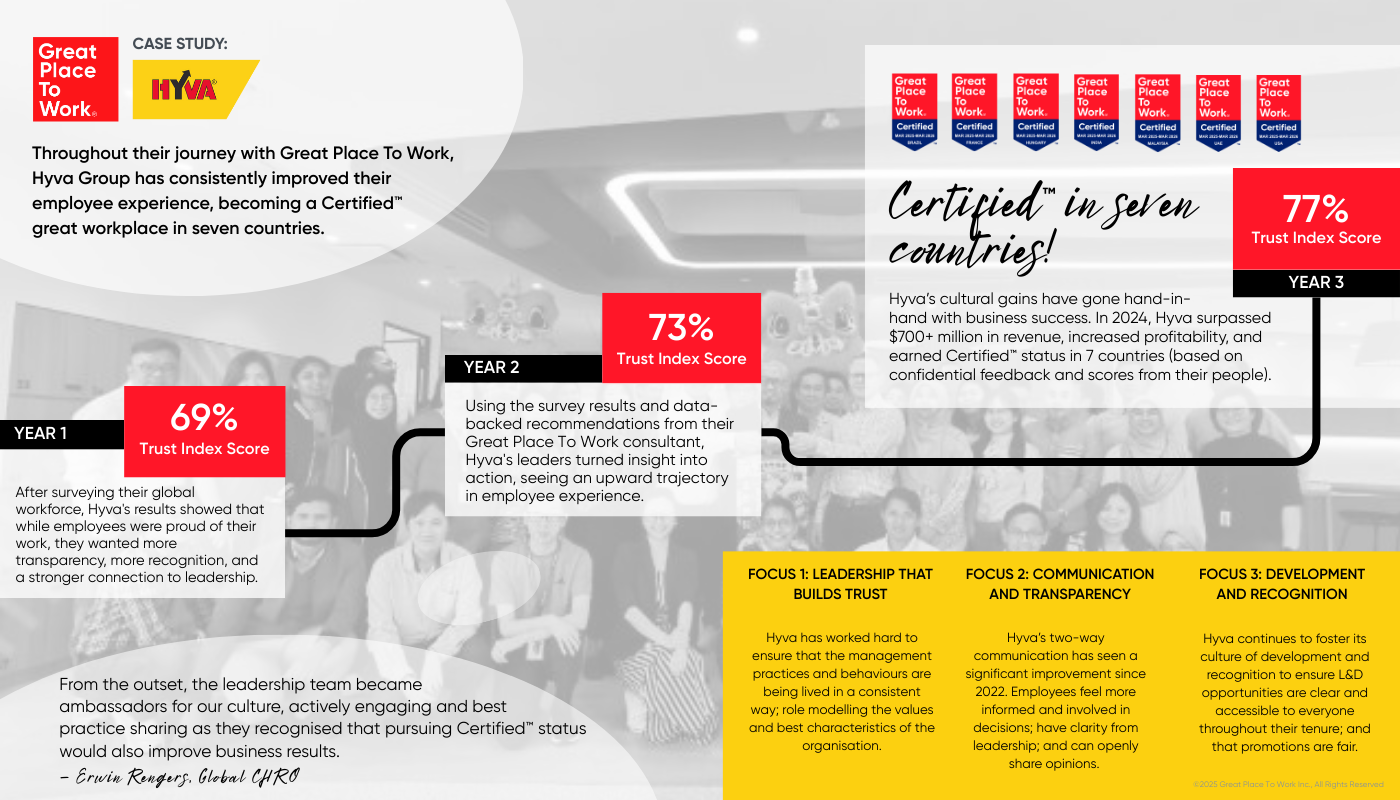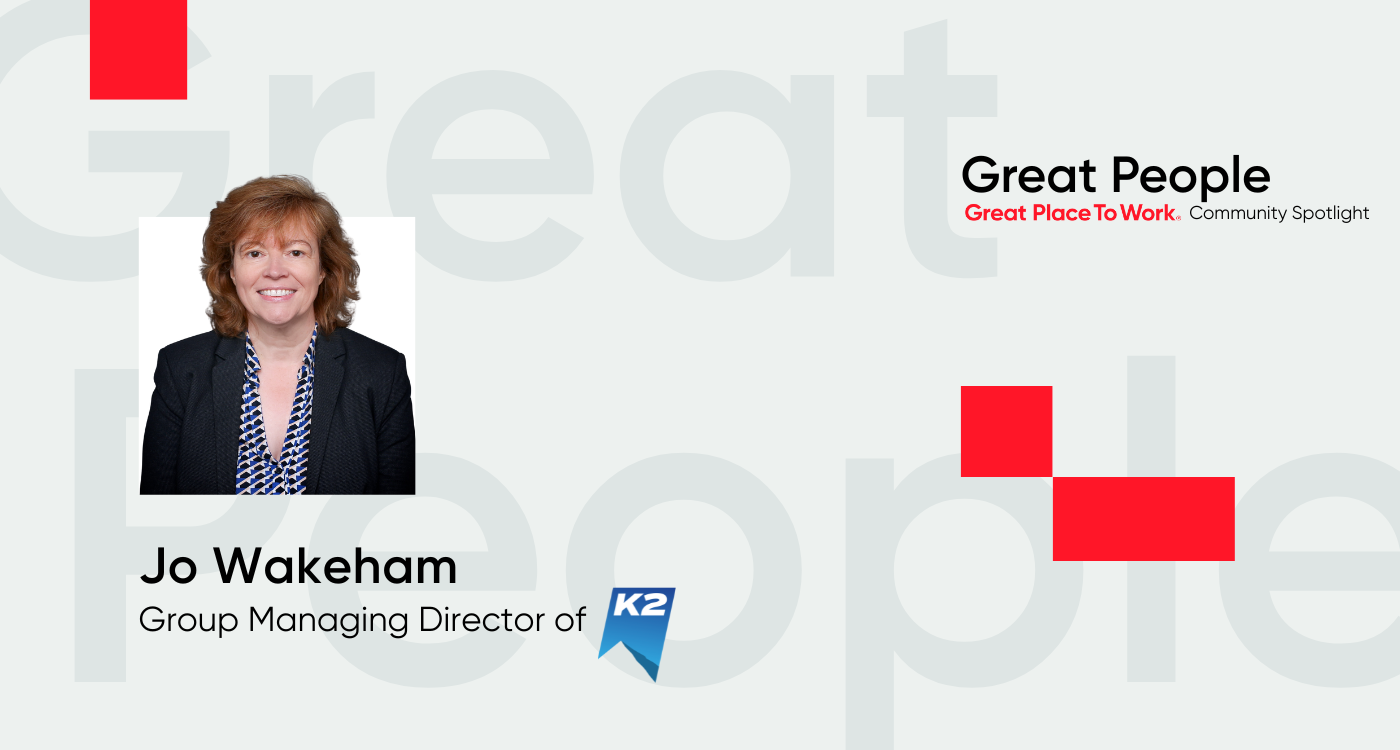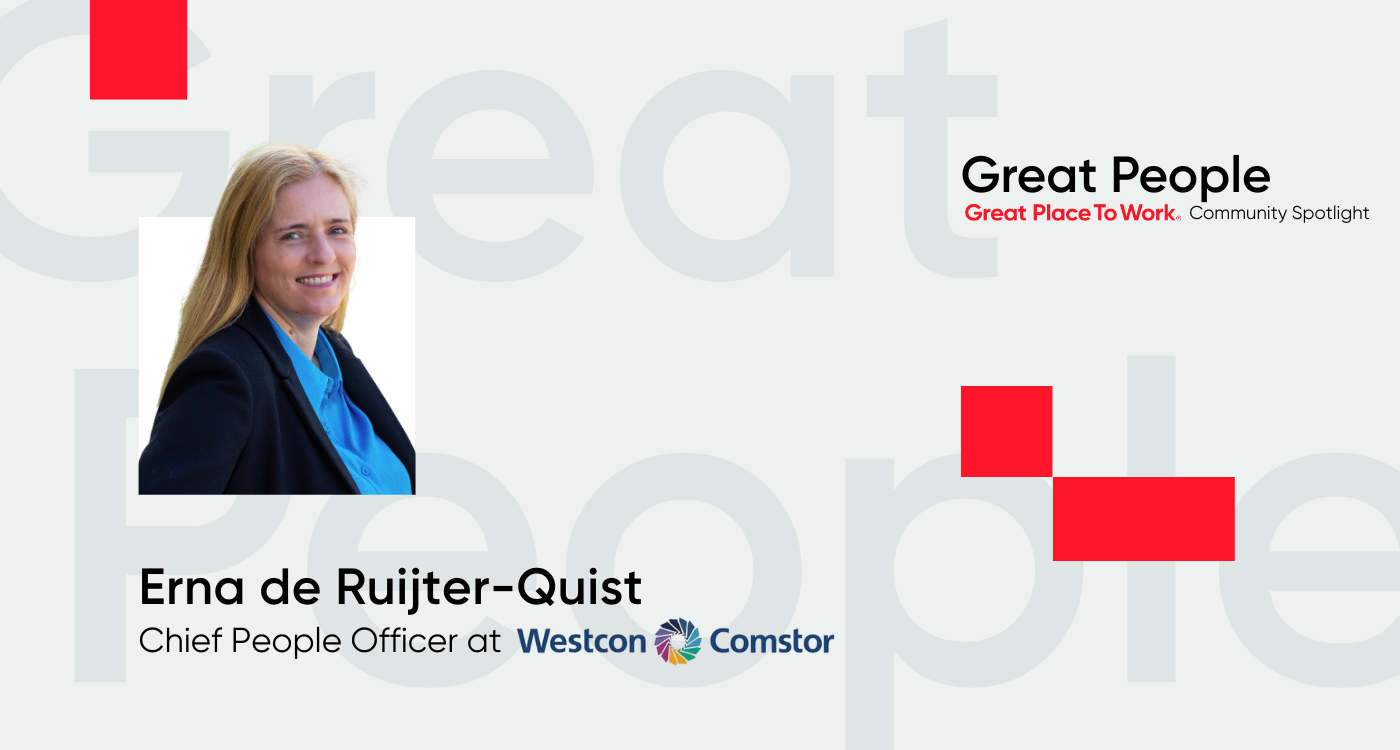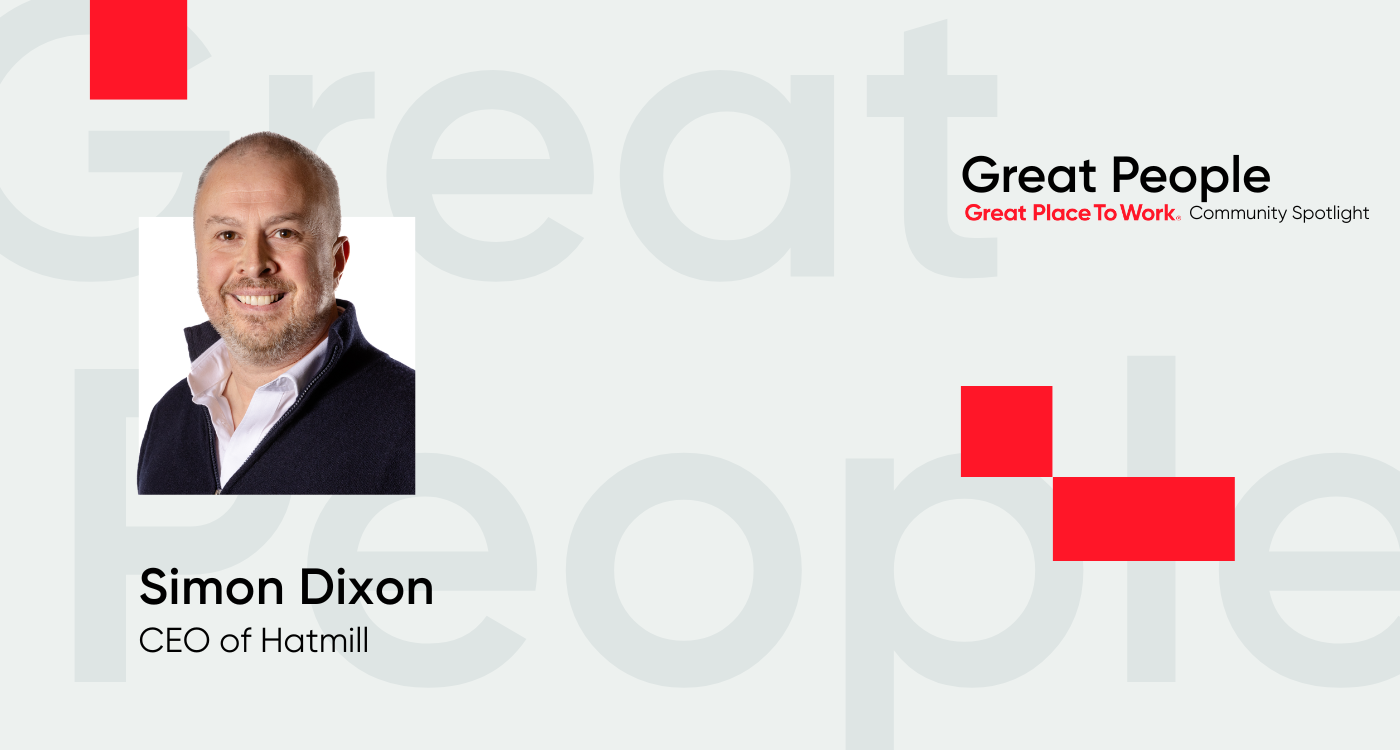It’s 08:30am at the lavish Lavazza Flagship Store in London, and the room is abuzz as our guests enjoy their breakfast before diving into data and conversation. This was our second ‘Great Culture Collective’ – an invitation-only roundtable event for around 20 delegates working at top-performing organisations in Manufacturing, Production & Transportation – co-hosted in partnership with UKG.
The aim: create a safe space where HR leaders could network, share their experiences, and learn from our people-related data and insights. And, ultimately, to help uncover key issues and solutions for boosting retention and cultivating a culture of learning in organisations belonging to this vital sector.
A strong contributor to the global economy
Manufacturing, production and transportation is an essential sector, collectively supporting around 2.6 million jobs across the UK.
Manufacturing alone, for example, contributes £217 billion to the country's economy, with the latest figures from Make UK showing Britain as the 12th largest manufacturer in the world.
But it’s not all good news.
AI and automation, Brexit implications, and increased competition from other countries (such as Taiwan, India and Germany) have all impacted growth in the broader sector – meaning companies face increased pressure to perform and hold on to their top talent.
So how to turn things around?
Focus on the key drivers of retention
The CIPD reports a 27% average turnover for manufacturing and production, and a 30% average for transportation in the UK. Additionally, a UKG study reveals the average cost to a business to replace a skilled frontline employee is £10,938.00.
But there's a striking contrast when looking at loyalty intention within the UK’s Best Workplaces in Manufacturing, Production & Transport™. Our confidential Trust Index employee survey found an inspiring 9 in 10 employees saying that they want to work for their employer “for a long time”.
This strong intent to stay means the Best Workplaces are better positioned for long-term success, and proves that by prioritising the employee experience, companies can enhance their employee recruitment and retention.

Top 5 drivers of retention in the sector:
1. Enjoyment and fun at work: In these industries, offering a hybrid working model or a 4-day week to the workforce simply isn’t feasible. The Best Workplaces in the sector have therefore developed other ways of implementing flexibility and fun into their employees’ day-to-day experience.
For example, one food manufacturer shared how their organisation has a small fund dedicated specifically to fun, which employees have used to arrange colleague netball matches, or to purchase a PlayStation console for internal FIFA tournaments.
Family Fun Days in the summer, cultural celebrations (such as commemorating Diwali with traditional dishes and decor), and a scavenger hunt (to see which employee can uncover the most risk items hidden within a factory) were also among the ideas shared by our delegates.
WATCH | ‘The Power of Fun’ Webinar for People Leaders
2. Being treated fairly regardless of one’s position or role within the organisation: UKG research found that at many typical UK manufacturing companies, employees feel two cultures exist simultaneously within the organisation. This has negative impacts when frontline workers feel they are not always offered all or the same benefits as their desk colleagues.
Here, communication and manager-employee relationships are crucial to ensuring everyone across the business feels a sense of fairness and belonging.
For example, some top-performing organisations have been able to offer a level of flexibility and autonomy to employees through allowing individuals to set shift availability, or self-select training through a user-friendly LMS system that doesn’t require an email address or laptop.
3. Management showing a sincere interest in individuals as people, and not just employees: Generally speaking, when employees feel truly seen and valued by their manager, they have stronger feelings of belonging, trust, and psychological safety – leading to better engagement, motivation, productivity, and intent to stay.
“Our senior leaders will regularly go down to the floor and greet people by name and talk about how what they’re doing for us is valuable to us as a business,” shared one delegate. “This is something that I feel we need more of in our organisations: for that increased visibility of our leaders, so that in the factory or on the floor our employees not only feel seen, but also properly understand their impact on us. They need to know how and why what they do on an individual basis really is helping to push the whole company forwards. It gets rid of that ‘ivory tower’ thing as well, which unfortunately still [is] what a lot of people coming into the industry assume is always the case.”

4. Employees feeling like they can be themselves at work: Beyond culture, ethnicity, and gender, diversity also includes elements such as socio-economic background, geographical location, language, and many others. Upskilling leaders to be inclusive and role-model desired behaviours aligned to the company’s DEIB vision and goals is critical, as well as considering if the right policies and procedures are in place.
For example, are middle managers and office teams well equipped with the right communication mechanisms for getting messages to frontline colleagues who don’t have a laptop or email address? Do all colleagues have enough awareness of the cultural differences that exist within your workforce – and how this may impact the ways in which employees interact or communicate with one another? Is your employee survey available to people in their native language? And in the case of illiterate or visually impaired frontline employees, is there an interpreter made available to read through the questions and answer questions on their behalf?
5. Employees believing management is competent at running the business: When employees feel higher levels of trust in their manager, they are more likely to have higher levels of job satisfaction, engagement, and feeling of wanting to stay with their employer. This includes perceptions around whether or not leaders hire the right people for the job, or give promotions to those who best deserve them.
“One of the things I’m always mindful of is just how many people a middle manager could be tasked with managing – it can often be 35-40 individuals in our organisation, for example,” explained one delegate. “I think the question that I’m realising I need to ask now is: Have I given our managers enough support, or resources, whatever, to do that job of actually managing people? What training do we need to provide them with, that will help them do that, and do it well? It's a huge responsibility.”
Create a culture of learning
Despite specialists in the fields manufacturing, production and transportation being in high demand across the country, gaps remain hard to fill. The UK Trade Skills Index 2023 estimated some 937,000 recruits will be needed in trades and construction within the next decade.
Additionally, employers are struggling to turn around many young people’s negative or outdated perceptions about vocations in the sector – such as social stigma associated with pursuing vocational schooling and/or certain roles within the sector; perceived low pay potential, and a lack of career growth.
When workers see opportunity, they bring their best selves to work.
The UK’s Best Workplaces in Manufacturing, Production & Transportation have embedded learning and development into their workplace culture. Great Place To Work research found that 84% of employees working at these organisations believe they are provided the resources and equipment needed to do their job (vs. the UK average of 68%).
And 74% of employees at the listed companies also say they are offered training and development to further themselves professionally (vs. the UK average of 57%).

Some ways in which top-performing organisations create a culture of learning include:
- Utilising their full apprenticeship levy to invest in training and upskilling their workforce (which may include collaborating with education providers, sometimes engaging directly with students, to demonstrate the potential for progressive, fulfilling careers their industry has to offer.
- Broadening their definition of “progression” and educating employees on internal mobility opportunities that exist across the organisation.
- Including manager training in all the company's Board reports, so that learning and development of leaders and managers is scrutinised to ensure this always sits at 100% completion every year.
- Gamification of development or training to make learning more engaging and interactive for employees.
- Supporting the future workforce with an ‘Early Careers Network’, which is not limited to graduates, but instead applies to anyone entering the workforce or the sector for the first time.
- Training the trainers – outside of technical skills training, ensuring that managers and leaders have the right human skills (aka soft skills) necessary for supporting teams.

It can be done
Culture change is not easy. And there is no quick fix. But while it may be a daunting challenge, our delegates agreed that it is one worth tackling.
Collectively, we can help manufacturing, production and transportation employers make the right, data-driven decisions needed to reduce employee turnover, deliver operational excellence, and have a secured pipeline of future talent.
We hope these insights from our Great Culture Collective event will provide a compelling case for Chief Executives within these industries to recognise the critical role that the employee experience and a culture of learning and development plays in enabling long-term business success.
Special thanks to our venue hosts, Lavazza UK&I, for sharing your stunning space with us.
Sources:
Great Place To Work® UK (2024) Trust Index™ Survey
QuMind & The Good Insight (2023) UK Population Study
Make UK (2024) ‘Manufacturing – The Facts’ Report
UKG (2024) Manufacturing Industry Outlook
You can read insights from our Retail and Hospitality Great Culture Collective here.
